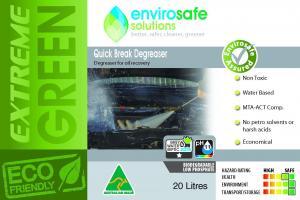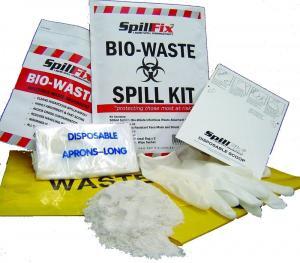Envirosafe Solutions keeps a close watch on environmental related events and decisions in Australia and beyond. A recent court decision in New Zealand may eventually influence our own country’s relationship with environmental organisations, their tactics and their status in terms of not-for profit entities.
 A 2011 New Zealand High Court decision has stripped New Zealand’s Greenpeace of its “charity status.” A May 6 appeal was rejected by Justice Paul Heath, who stated that Greenpeace’s “political activities can no longer be regarded as ‘merely ancillary’ to its charitable purposes and that the NZ Charities Commission had been correct in disqualifying it for registration for potentially illegal activities.”[1]
A 2011 New Zealand High Court decision has stripped New Zealand’s Greenpeace of its “charity status.” A May 6 appeal was rejected by Justice Paul Heath, who stated that Greenpeace’s “political activities can no longer be regarded as ‘merely ancillary’ to its charitable purposes and that the NZ Charities Commission had been correct in disqualifying it for registration for potentially illegal activities.”[1]
The decision centred around the notion of illegality in relation to Non-Violent Direct Action – a potent form of resistance and activism that hold the opponent morally accountable through a tactic of non-violent resistance. At issue in the New Zealand High Court decision was the specific tactic of “trespass” which has been used by Greenpeace at times.
Justice Heath went on to say that the NZ Charity Commission was “correct in holding that non-violent, but potentially illegal activities (such as trespass,) were designed to put (in the eyes of Greenpeace) objectionable activities into the public spotlight,” and that these “were an independent object disqualifying it from registration as a charitable entry.”[2]
Non-violent Direct Action has a strong history exemplified in the US Civil Rights Movement and the mass civil disobedience resistance lead by Mahatma Gandhi in India in the early 20th Century. It focuses on concentrated passive resistance and is closely aligned to Quaker philosophy and values. Violence is deemed unacceptable morally as a protest tactic. In 2007 John Hepburn, Greenpeace Energy Campaigner, spoke of this Greenpeace, approach as it applied in an Australian context. “There will be accusations of violence and of being ‘un-Australian.’ And the thing is we’ll need to remember what is actually important. Life. And our children’s future. The consequences of doing nothing on climate change are just far too devastating, violent and irresponsible to contemplate. So…Greenpeace will continue taking peaceful direct action as we have done for thirty years.”[3]
Only time will tell whether the New Zealand High Court ruling will have a seepage effect into the Australian context and on Greenpeace’s use of Non Violent Direct Action tactics here. If this is the case in the future, the modus operandi of many charitable organisations linked with environmental change will be affected considerably.
One thing does remain clear and that is the need for consistent effort in relation to environmental concerns and issues worldwide. Each of us can play a small part, from more vocal and robust activism through to considered choices regarding the products we use in the home, in the office, in our schools and in our industry. Each of us can join the Green Revolution.
Call Envirosafe Solutions and find out more about their range of quality Australian made enviro-friendly products 1300 88 90 70 .
[1] McBeth, P. “Greenpeace too political to register as a charity, NZ court rules.” Sourced: http://www.scoop.co.nz/stories/BU1105/
[2] Ibid.
[3] Hepburn,J. Thirty years of Peaceful Direct Action. http://www.greenpeace.org.au/Australia/news-and-events/opinions/30-years-of-peaceful-direct-ac



















